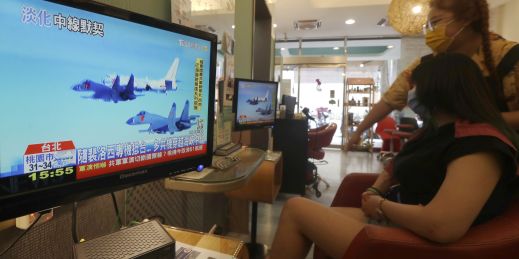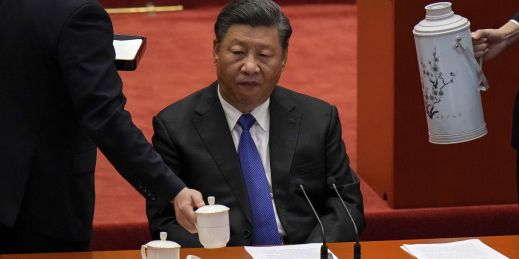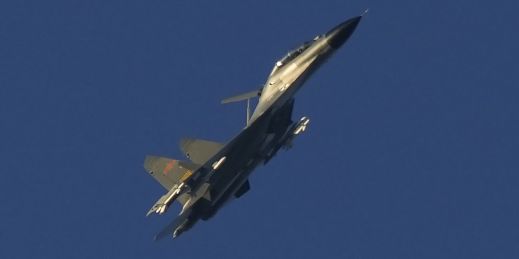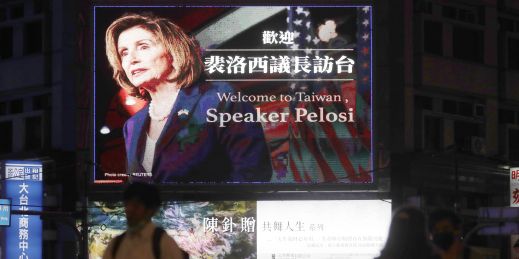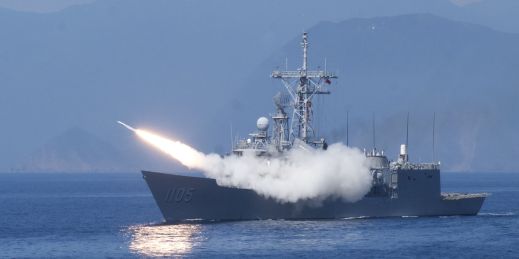
In the aftermath of Nancy Pelosi’s visit to Taiwan, China engaged in a military show of force that raised fears Beijing could be preparing to take control of Taiwan by force, if not immediately, then in the near future. Such concerns are not off base, but fears of an imminent invasion of Taiwan are likely overblown.

